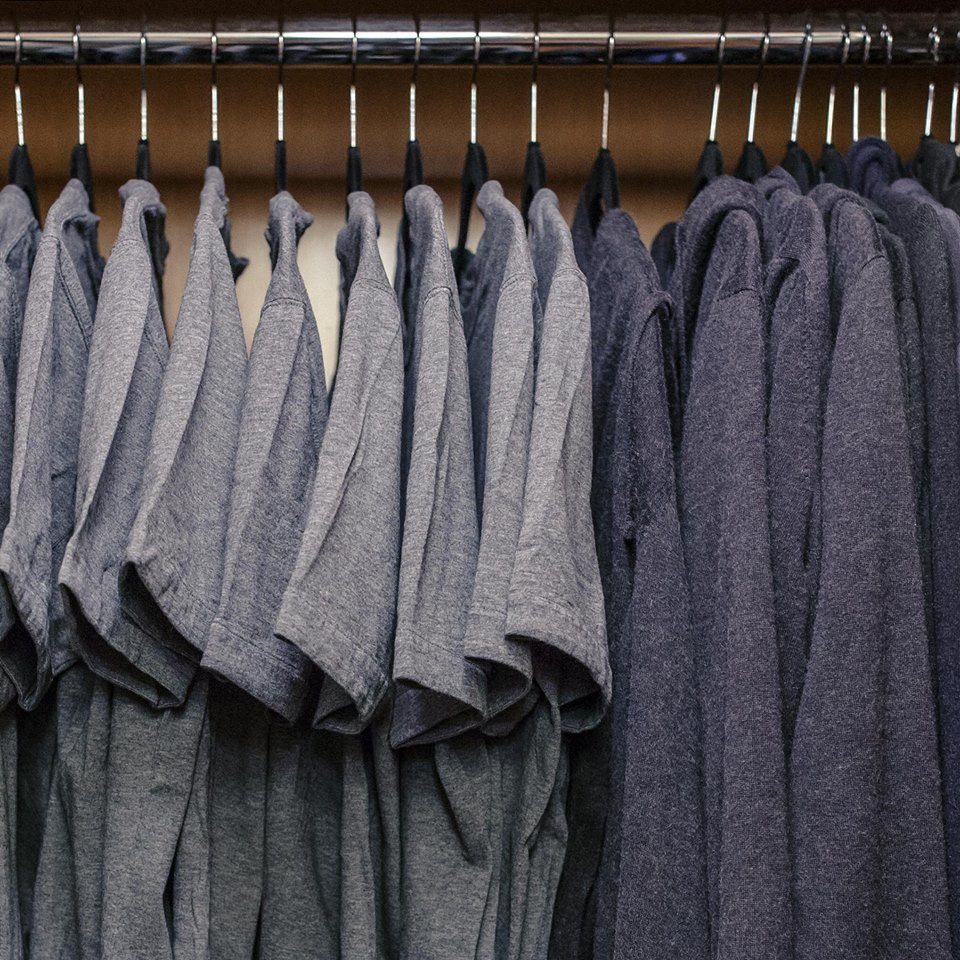Nowadays, we’re faced with a barrage of pointless decisions merely by turning on our computers. They cause us stress and they only serve to waste our time. Have you ever been late to meet someone because you were stressing at home about things that, on the surface, are actually pretty superficial? Or ever stopped working on an important project because you were distracted by something that wasn’t worth your time? Well, there are some pretty successful people out there who serve as an example for the benefits of a minimalist lifestyle.
Minimalism Reduces Decision Fatigue
As Charles Chu of Marketmeditations.com puts it, “The Zuckerbergs, Bransons, hedge fund managers of the world are wearing the same few things, eating the same few things and trying to work in the same few places.”[1] Look at old videos of Steve Jobs and he was always wearing the same black turtleneck. Minimalism seems to be a trait of many tech leaders. Famous singers and artists have the time to look flash, CEO’s of massive companies often don’t. It’s not simply a matter of not having time, though; a minimalist lifestyle allows more time to be spent on the important decisions. Want some proof? Have a look at Mark Zuckerberg’s wardrobe, posted on his Facebook page: Slightly crazy, yes, but effective nonetheless. Zuckerberg has actually elaborated on his gray t-shirt wearing, which on the surface might simply come across as an unhealthy proclivity for mundane colors. There’s more to it, though. In a 2014 interview[2] Zuckerberg said, “I really want to clear my life to make it so that I have to make as few decisions as possible about anything except how to best serve this community. I feel like I’m not doing my job if I spend any of my energy on things that are silly or frivolous about my life.” As Chu emphasizes, we should be saving energy on choices about material things and using that energy to do great work instead.
Caring About Less Will Give You More
It may sound counterintuitive but again it comes down to how much energy you’re wasting on things that aren’t important. Mark Manson wrote a bestseller on this very subject, called, The Subtle Art of Not Giving a Fuck. “The key to a good life is not giving a fuck about more; it’s giving a fuck about less, giving a fuck about only what is true and immediate and important.” Manson writes in an acerbic, and frankly profane, style. But hey, recent research has shown that there is a correlation between profanity and honesty[3] so we’ll take him at his word! An excerpt from his book, available on his website[4], contains the following advice: “[When] we feel as though we are perpetually entitled to feel comfortable and happy at all times, that’s when life fucks us.” As Manson makes sure to emphasize, it’s the “fucks not given” that make the real difference. Again it comes down to taking a minimalistic approach that will save us from caring too much about things that simply aren’t worth our time and energy. Caring about things less makes failure a less terrifying prospect, rejection less painful and unpleasant necessities more pleasant. This doesn’t mean that one should simply not care about anything, though. Manson isn’t preaching indifference or nihilism. As he puts it, “not giving a fuck does not mean being indifferent; it means being comfortable with being different.” So don’t care so much what people think, don’t stress about things that simply aren’t important, but are just a huge waste of time. Only good things will come of it. Featured photo credit: Flickr/ Alessio Jacona via flickr.com
